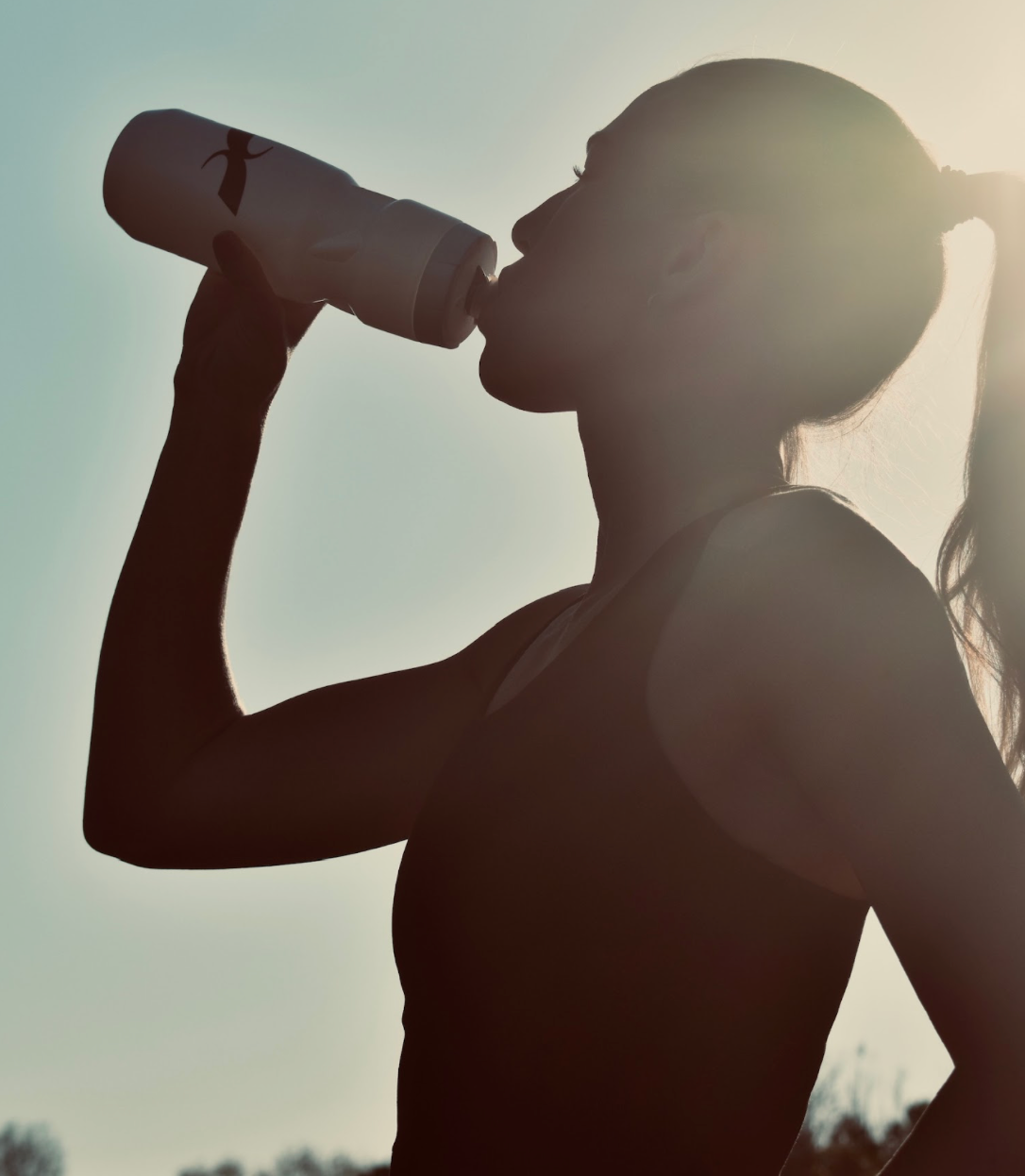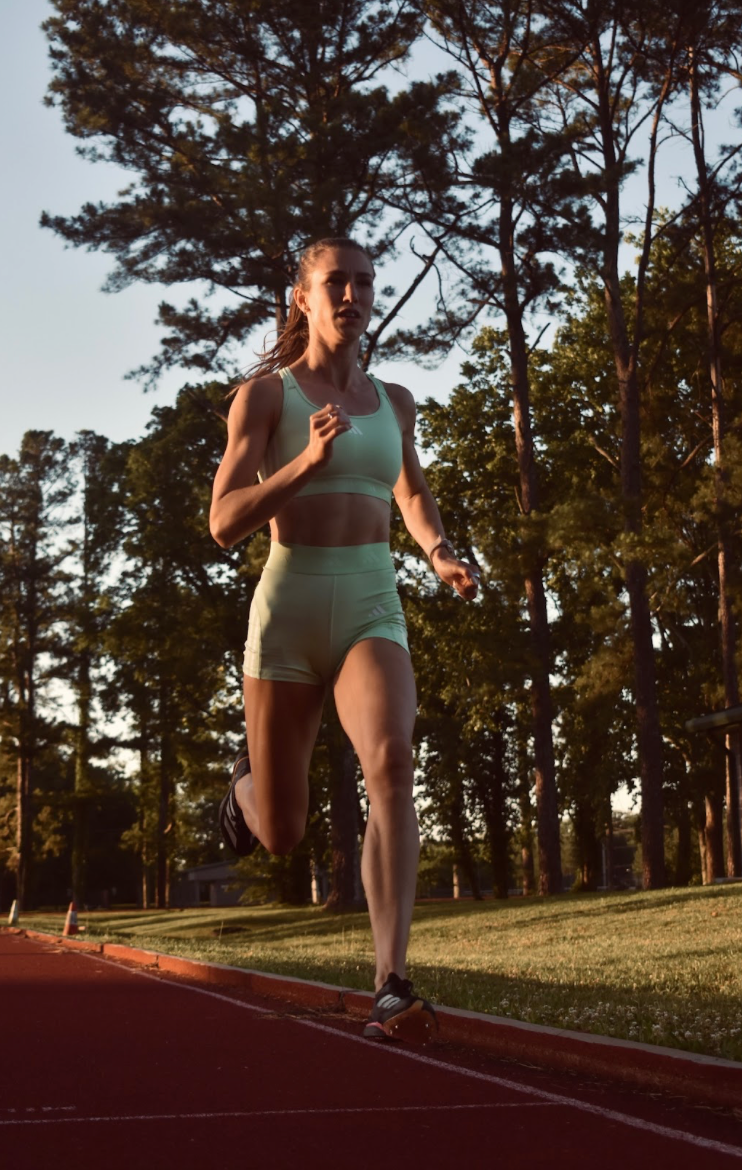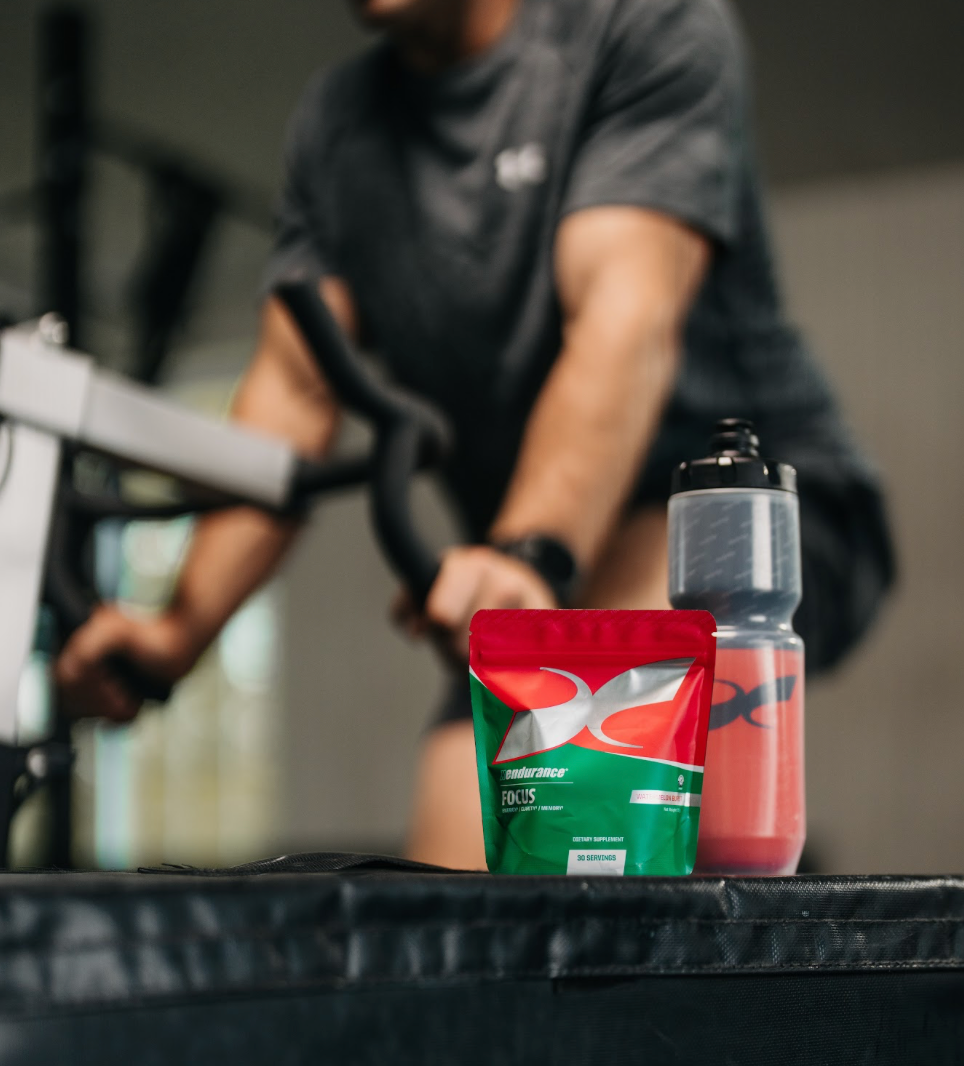Sleep is the unsung hero of athletic performance, yet it’s often the first thing sacrificed in the pursuit of training harder or juggling a busy lifestyle. For endurance athletes—runners, cyclists, triathletes, and more—sleep is not just rest; it’s a critical component of recovery, performance, and mental sharpness. But how much does a lack of sleep really affect your endurance? In this short article, we will report on some of the top athletes in the world and why they sleep the hours they do. We’ll also dive into the science behind sleep deprivation’s impact on endurance and outline why adequate sleep is non-negotiable for endurance sports.
The Science of Sleep Deprivation and Endurance
Sleep deprivation, defined as getting less than the recommended 7-9 hours per night (or ≤6 hours in studies), has profound effects on physical performance, particularly for endurance athletes. A 2022 systematic review and meta-analysis found that sleep deprivation significantly impairs endurance performance, with effects varying based on the duration and type of sleep loss. For instance, a single night of total sleep deprivation or several days of partial sleep restriction can reduce time to exhaustion by up to 20% in tasks like running or cycling.
Why does this happen? Sleep is when the body repairs muscles, replenishes glycogen stores, and regulates hormones like human growth hormone (HGH) and testosterone, both critical for endurance recovery. During deep sleep, HGH peaks, aiding muscle repair, while testosterone, highest during REM sleep, supports muscle adaptation and energy metabolism. Lack of sleep disrupts these processes, leading to increased inflammation, elevated cortisol (a stress hormone), and reduced insulin-like growth factor 1 (IGF-1), all of which hinder recovery and stamina.
Studies also show that sleep-deprived athletes experience quicker exhaustion. For example, a study on male runners and volleyball players found that sleep deprivation led to faster fatigue during high-intensity efforts, reducing their ability to sustain performance. Another study on team-sport athletes noted decreased sprint times after just one night of inadequate sleep. These findings highlight that even short-term sleep loss can sabotage endurance, making it harder to maintain pace or power through long workouts.
Cognitive and Motivational Impacts of Sleep Deprivation
Endurance sports aren’t just physical—they’re mental marathons. Sleep deprivation takes a heavy toll on cognition, impairing decision-making, reaction time, and focus, all of which are crucial for navigating a trail run or strategizing during a race. A 2019 review noted that sleep loss impairs cognitive functions like judgment and inhibitory control, increasing the likelihood of errors or risky decisions. For example, a sleep-deprived trail runner might misjudge a step on rocky terrain, raising injury risk.
Cognition isn’t the only casualty. Motivation, the mental fuel that drives you to lace up your shoes for a 5 a.m. run, also suffers. Sleep deprivation increases perceived effort, making workouts feel harder than they are. A 2021 study found that athletes who slept less than 6 hours reported lower vigor and higher fatigue, reducing their drive to train or compete. This lack of motivation can create a vicious cycle: poor sleep leads to lackluster training sessions, which dampen confidence and further disrupt sleep.
The prefrontal cortex, responsible for executive functions like planning and emotional regulation, is particularly sensitive to sleep loss. Without adequate deep sleep, cerebral spinal fluid fails to clear debris from the brain, weakening neural signals and slowing reaction times. This explains why sleep-deprived athletes may struggle with split-second decisions, like adjusting pace in a race or avoiding obstacles during a bike descent.
How Much Sleep Do Endurance Athletes Need?
The general recommendation of 7-9 hours of sleep per night applies to most adults, but endurance athletes often need more to optimize performance and recovery. A 2021 expert consensus in the British Journal of Sports Medicine suggests that young adult athletes (aged 18-30) require 7-9 hours, while adolescent athletes (aged 15-18) need 8-10 hours. However, for endurance athletes pushing their bodies to the limit, aiming for the higher end—8-9 hours—is ideal.
Why so much? Endurance sports place unique demands on the body. Long runs, bike rides, or swims deplete glycogen, stress muscles, and elevate oxidative stress, a driver of cellular damage. Sleep, particularly deep and REM stages, counters these effects. Deep sleep (15-25% of total sleep, or 1-2 hours) is when HGH facilitates muscle repair, while REM sleep (20-25% of sleep) supports testosterone release and cognitive processing. Skimping on sleep shortens these stages, limiting recovery and adaptation.
Sleep extension, or “banking” sleep by getting extra rest before a big event, can also boost performance.
A 2019 study found that extending sleep by 1-2 hours for a week improved mood, reduced stress, and enhanced endurance performance. Naps can help, too, especially for athletes with early training schedules. A 15-30 minute nap can improve alertness and mood without causing sleep inertia (grogginess), though naps don’t replace for a week improved mood, reduced stress, and enhanced endurance performance. Naps can help, too, especially for athletes with early training schedules. A 15-30 minute nap can improve alertness and mood without causing sleep inertia (grogginess), though naps don’t replace a full night’s sleep.
Supplements to Combat Sleep Deprivation: Xendurance Deep Sleep
For athletes struggling to get enough quality sleep, supplements can be a game-changer. The Xendurance Deep Sleep formula is a calming sleep formula designed to promote restful, rejuvenating sleep in today’s fast-paced world. Its blend of natural ingredients targets relaxation and sleep onset, helping athletes recover better and perform at their peak. Here’s a closer look at its key components and how they support endurance:
- Melatonin: A powerful antioxidant that signals the body to prepare for sleep, melatonin helps regulate the sleep-wake cycle. It’s especially useful for athletes dealing with jet lag or irregular schedules.
- Valerian Root: Used for centuries in Asia and Europe, this herb promotes relaxation and reduces anxiety, easing the transition to sleep.
- GABA (Gamma-Aminobutyric Acid): GABA reduces nerve excitability, creating a calming effect that supports natural sleep onset.
- Tryptophan: This amino acid uplifts mood and induces a calming effect, aiding sleep induction.
-
5-HTP: By boosting serotonin production, 5-HTP fosters relaxation, improves sleep quality, and reduces stress.
User reviews highlight Deep Sleep’s effectiveness. A firefighter noted improved deep sleep cycles on a fitness tracker without morning grogginess, while another user praised its ability to help them stay asleep through the night—a common issue for restless sleepers. These benefits translate directly to endurance, as better sleep enhances recovery, reduces fatigue, and sharpens focus.
Other supplements, like Xendurance Extreme Endurance, can complement sleep-focused products. Extreme Endurance is clinically proven to reduce oxidative stress by 39% in 10 days, supporting cellular health and recovery. While not a sleep aid, its ability to combat free radical damage can indirectly improve sleep quality by reducing inflammation, a common disruptor of rest.
Practical Tips to Optimize Sleep for Endurance
Beyond supplements, lifestyle changes can maximize sleep quality and endurance performance:
- Establish a Consistent Sleep Schedule: Go to bed and wake up at the same time daily, even on weekends, to stabilize your circadian rhythm.
- Limit Screen Time: Avoid blue light from phones or tablets 1-2 hours before bed, as it suppresses melatonin. Try reading a physical book instead.
- Create a Sleep-Friendly Environment: Keep your bedroom cool (60-67°F), dark, and quiet to promote deeper sleep.
- Avoid Late-Night Stimulants: Skip caffeine, nicotine, or heavy meals close to bedtime, as they can disrupt sleep onset and quality.
- Incorporate Naps Strategically: A 15-30 minute nap in the early afternoon can boost alertness without interfering with nighttime sleep.
-
Manage Stress: Practices like meditation or journaling can calm a racing mind, making it easier to fall asleep.
Why Sleep Is Non-Negotiable for Endurance Athletes
The evidence is clear: sleep deprivation undermines endurance by impairing physical recovery, cognitive function, and motivation. For endurance athletes, who rely on sustained effort and mental resilience, cutting corners on sleep is like training with a flat tire—it’s a losing battle. Aiming for 8-9 hours of quality sleep, supported by supplements like Xendurance Deep Sleep, can make the difference between a personal best and a DNF (Did Not Finish).
Investing in sleep isn’t just about feeling rested; it’s about unlocking your full potential. As legendary athletes like Roger Federer (12 hours of sleep) and Usain Bolt (9.5-10 hours) have shown, prioritizing rest is a winning strategy. So, tonight, put down the phone, take a dose of Deep Sleep, and let your body do what it does best: recover, rebuild, and prepare to conquer your next endurance challenge.









コメントを書く
このサイトはhCaptchaによって保護されており、hCaptchaプライバシーポリシーおよび利用規約が適用されます。